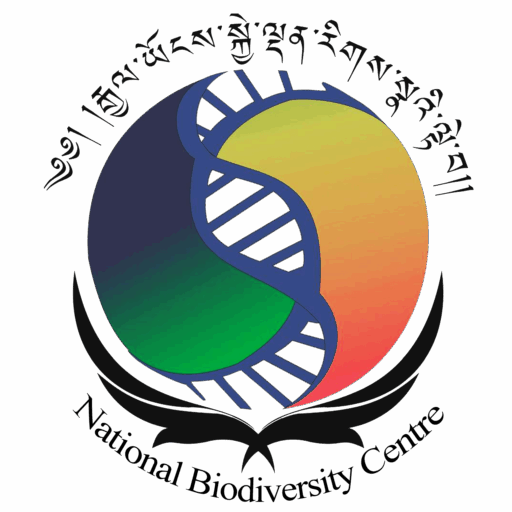Biodiversity Information Management
Our Visitors
0
1
8
6
9
3
 Views Last 7 days : 921
Views Last 7 days : 921 Views Last 30 days : 4357
Views Last 30 days : 4357 Total views : 24866
Total views : 24866Powered By WPS Visitor Counter
Our archives
Useful links
Ministry of Agriculture and Livestock websites
- Ministry of Agriculture and Livestock
- Department of Agriculture
- Department of Livestock
- National Soil Services Centre
- National Plant Protection Centre
NBC Systems
RCSC Systems
Copyright © 2025 - National Biodiversity Centre
